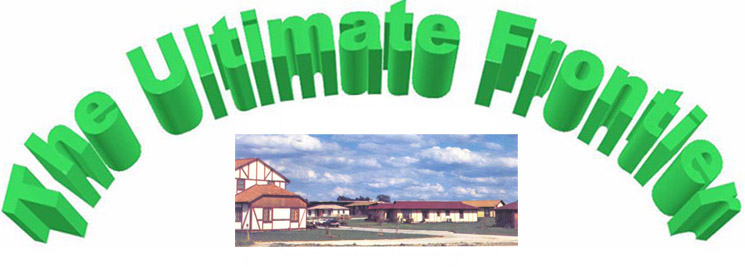|
|
||
|
|
Parents — Your Child Is Watching and Listening When parents become members of The Stelle Group they
quickly learn that rearing a child in line with the philosophy of the
Brotherhoods takes considerably more thought, energy, and time than even the
most conscientious members of society-at-large are accustomed to spending. To
try to instill in their children only those attitudes which
encourage emotional maturity as well as attend to their mental development is
a demanding task. And what makes the task so challenging,
most parents come to realize, lies in their own inadequacies; years of
conditioning have left their mark in the form of numerous negative habits and
attitudes. So to pass on to their children only positive ways of dealing with
life requires a good deal of self-examination and sometimes a radical
altering of behavior, it becomes very important to be ever aware of the
effect their behavior has upon the children. As Kahlil Gibran puts it, “You
are the bows from which your children as living arrows are sent forth.” It is
in the strength of the parents’ example that determines whether the child
takes a step further into greater maturity or merely learns a bad habit—an
ineffective way of dealing with life that will eventually have to be
unlearned if he is to progress. It is in many little ways that we
adversely affect our children’s growth with mannerisms that to a large extent become second nature. One very common
way parents perpetuate negativity is through the use of
slang. Although slang doesn’t seem like any great
evil, or even harmful, it does help to prevent the child from developing a
cultivated consciousness, and verbal precision in vital areas of
communication. The language we use has a great bearing on the way we think,
and it is axiomatic that the way we think determines our behavior and mental
precipitations into our environment. Slang tends to promote slovenliness of
thought, character and environment. But in the
commonplace run of conversation most parents are oblivious to their own slang
usage. Its non-appropriateness only becomes apparent when we hear little ones
using the same terms. For example, one mother used the phrase, “This drives
me up the wall.” When she heard her four-year-old using the same expression,
she realized the negative effect it had had. Such phrasing only served to
dramatize an experience which should have been
handled with self-control rather than a colloquial outburst. Language usage in the home,
and its effect upon the childrens’ growth is just one example of how parents
can be their own worst enemies in their attempts at properly rearing
children. Mother area for caution is the way parents react towards each other
and how this affects a child’s development. For instance, in discussing household
monetary matters do the parents reason calmly between themselves or do they
argue in voices fraught with tension and negative expectancy? In discussing
other people, are they very careful about what they say, or do they express
negative opinions about the character of others? Probably all parents have
had the experience of becoming involved in a conversation they would never
want the children to hear, pausing for a moment, and becoming only too well
aware by the loud silence that young ears were intently tuned in. Much of every
child’s outlook is established by verbal exchange
between parents. And how the child deals with others
is influenced greatly by the way parents deal with each other. We can all describe many other ways in
which we as parents serve to retard our children’s character development
rather than helping it toward maturity. Beneath any of our negative examples
would stand the common denominator of unawareness—unawareness that the prime
duty in our role as parents is to do everything within our power to help those
Egos in our charge to grow towards Brotherhood.
Every act, every word should be one which will foster good intentions, good
thoughts, good attributes in those Egos. That is truly a demanding task; but
the reward is well worth the effort. |
|
|
|
|
|
